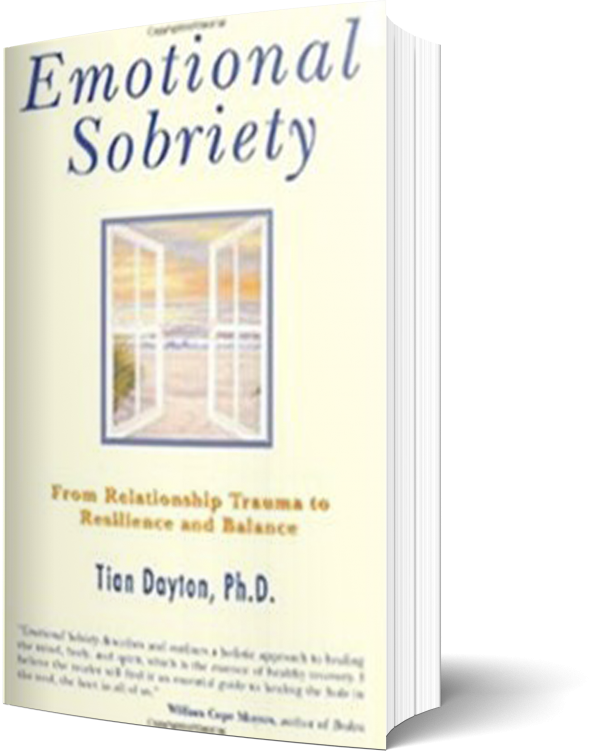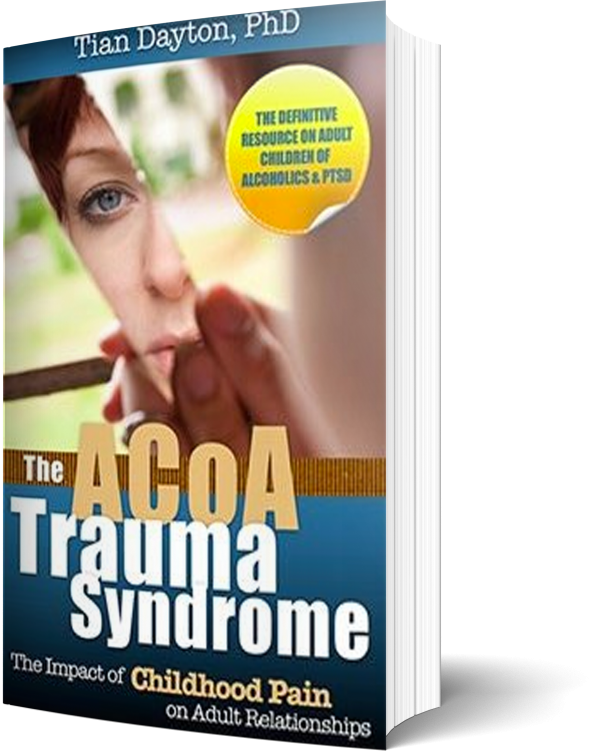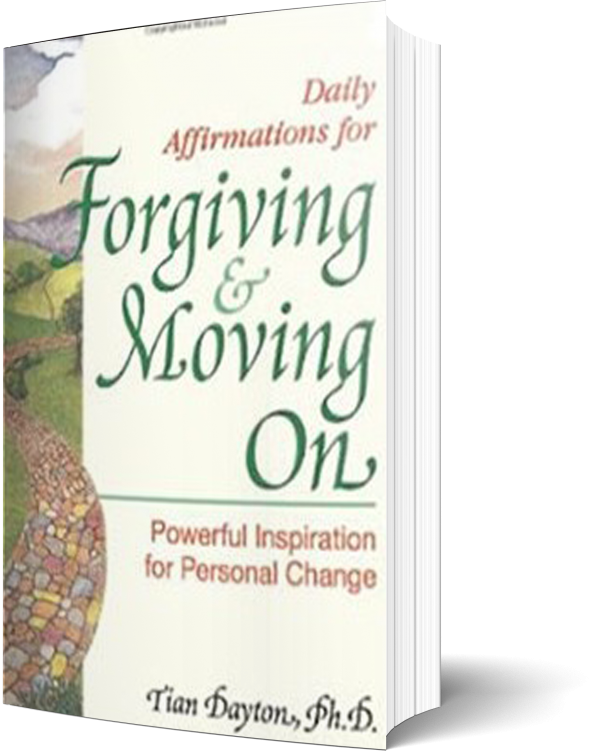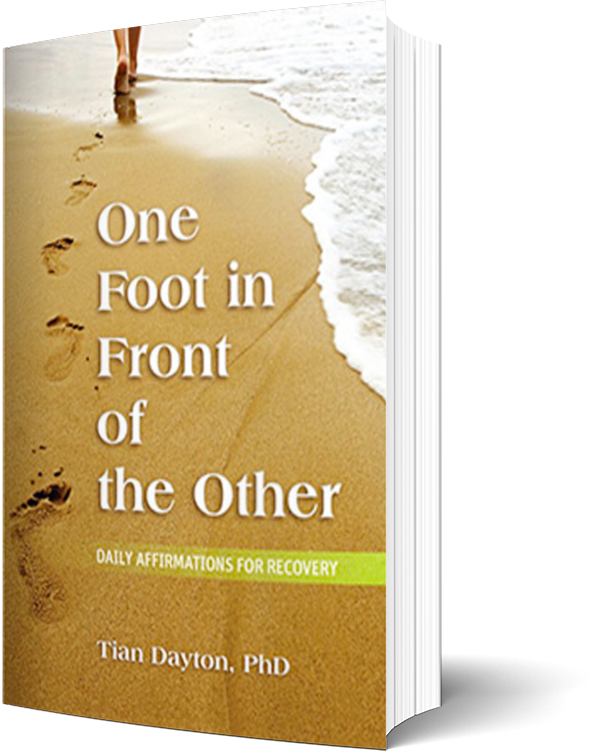Many of you know Joey Pantoliano (or Joey Pants) as the tough guy Ralph from The Sopranos or the sharp and capable Cosmo, assistant to Tommy Lee Jones, from the popular movies The Fugitive and U.S. Marshals. But today at noon Joey will be broadcasting from Iraq on nkm2.org, where he is playing the role of one trying to make a difference in the ever climbing suicide rates among soldiers.
According to CNN,
Every day, five U.S. soldiers try to kill themselves. Before the Iraq war began, that figure was less than one suicide attempt a day.
The dramatic increase is revealed in new U.S. Army figures, which show 2,100 soldiers tried to commit suicide in 2007.
“Suicide attempts are rising and have risen over the last five years,” said Col. Elspeth Cameron-Ritchie, an Army psychiatrist.
Soldiers in Iraq face deployment after deployment without rest or time for recovery. They suffer from PTSD and depression but they are hesitant to open up and share the pain they are in because it makes them feel weak in a culture where being tough and strong are powerfully held values. But sometimes feeling momentarily vulnerable and letting the pain out, is what heals it before it eats you up inside.
Joey Pantialiano has first hand experience with this kind of pain and is hoping along with the military to make it safe for tough guys like himself to open up and share honestly and openly before pain, anger and despair morph into something unmanageable or even unbearable.
From CNN:
Post-traumatic stress disorder… may be a factor in suicide attempts, according to Cameron-Ritchie, because it can result in broken relationships and often leads to drug and alcohol abuse….. “The real central issue,” says U.S. Army Chaplain Lt. Col. Ran Dolinger , “is relationships. relationships, relationships, relationships. When people look at PTSD, they look at length of deployments … but it’s that broken relationship that really makes the difference.”
Broken hearts lead to isolation and desolation and the symptoms that are a part of post traumatic stress disorder can put relationships under the kinds of pressures that can make loved ones want to run the other direction. Depression, feelings of despair, a desire to isolate, bouts of anger and rage, anxiety and hyper vigilance (read: extreme jumpiness, waiting for the other shoe to drop) are all part of PTSD and are very hard to live with. Without help those suffering from PTSD all too often reach for quick ways of calming their inner storm (self medicating) with, for example, drugs, alcohol, fighting or high-risk sex. All of these can result in broken relationships, to say nothing of a broken relationship with the self.
People with PTSD need to find safe places to share the pain, fear and terror that is driving their extreme inner stress and to understand that feeling traumatized by being put in situations that are, in fact traumatic, is a natural part of being a person. Whether a soldier in Iraq or a child facing a drunk and raging parent, feeling terror when unpredictable events turn your safe and orderly world inside out and upside down is a natural human reaction.
I recently sat down with Joey and listened to him talk about his own experience growing up with a mother addicted to pills, who routinely threw his safe and orderly world into spasms of anxiety, numbness, hope and disillusionment through her erratic behavior. The result for Joey were his own struggles with PTSD and addiction. Joey Pantoliano is as long on charm and humor as he is on terse one liners. He is sincere and open and has a deep intuitive understanding of the subtle ins and outs that the diseases of depression and addiction take. He understands because he’s “been there” and is mission driven when it comes to hoping that his personal experiences might help others. And most importantly he knows what it takes to find resilience and recovery. If you want to find out how his tour is progressing, log onto nkm2.org at noon today (or any time, it stays up) to view video of his visit.





